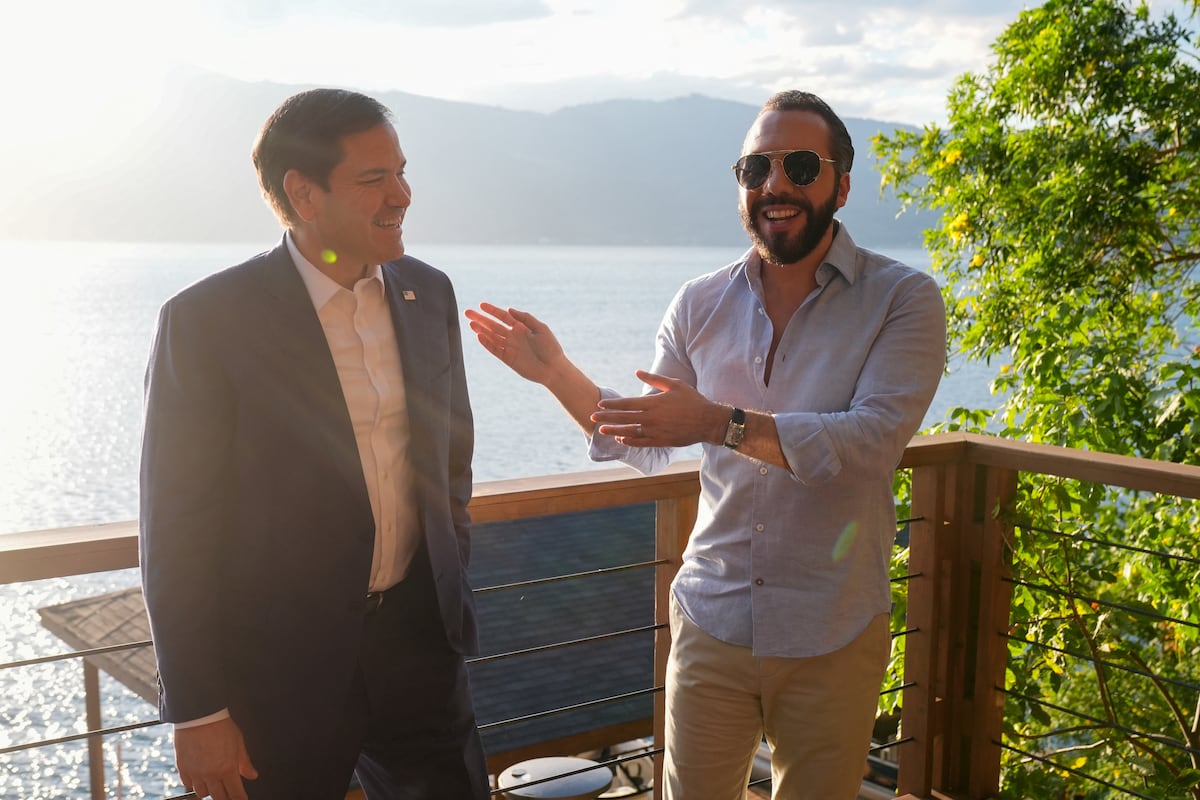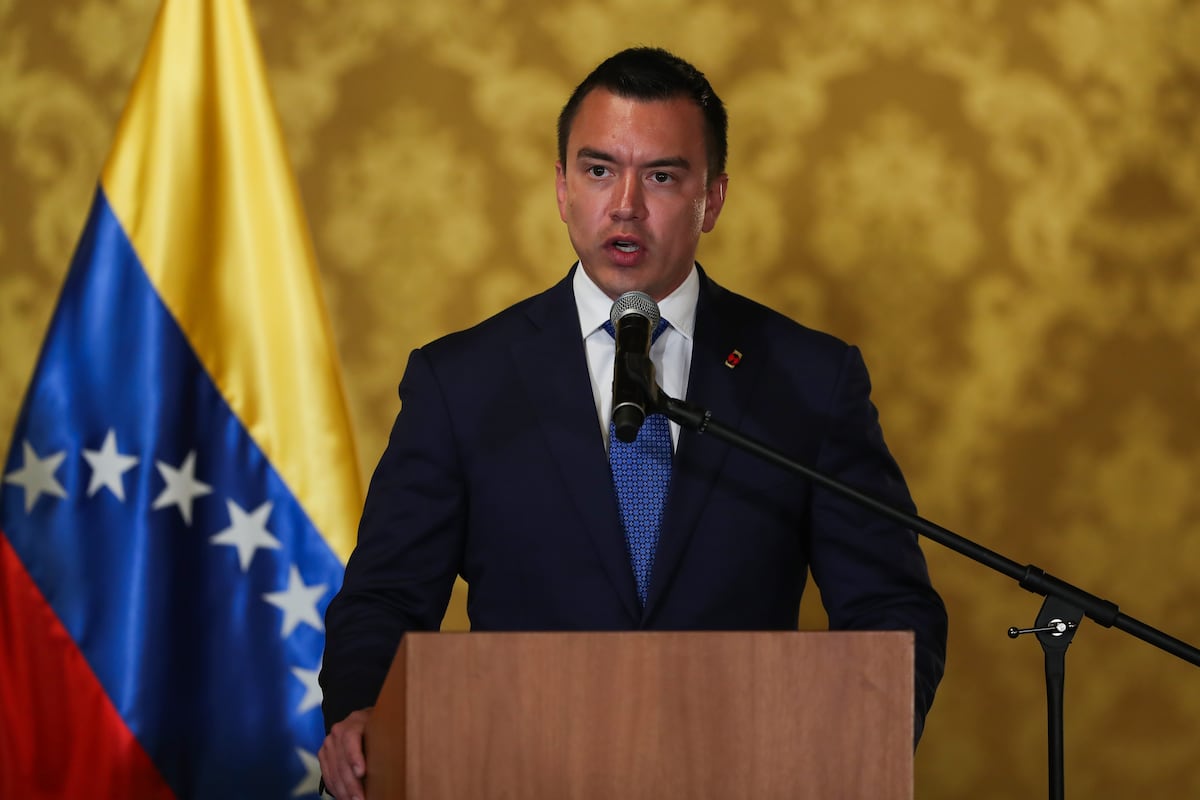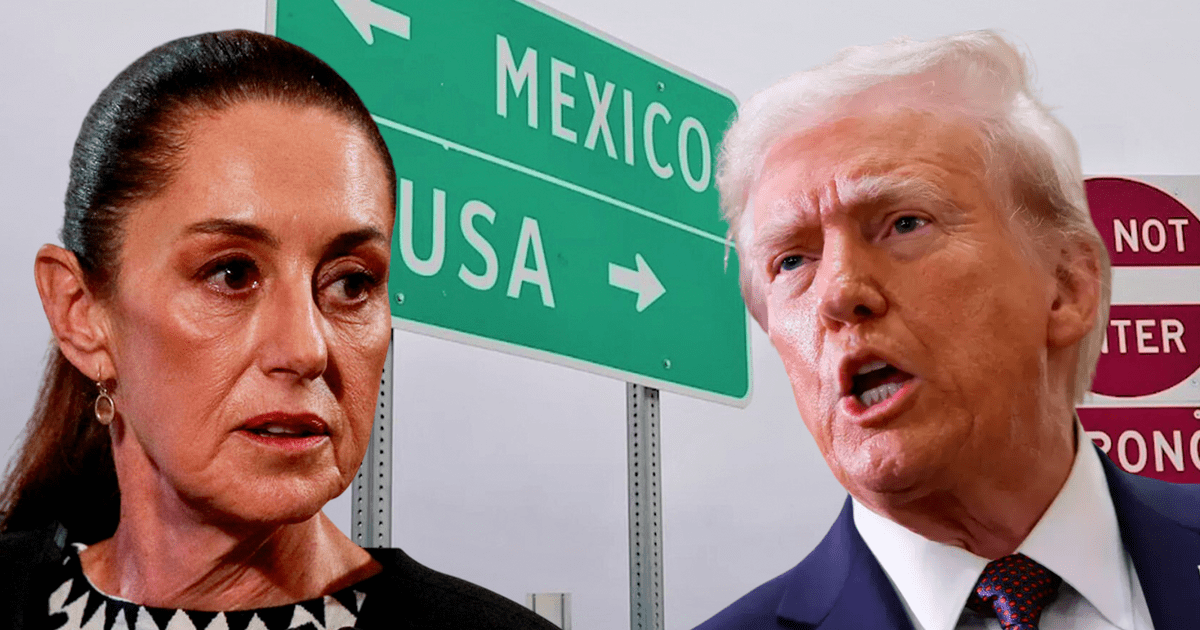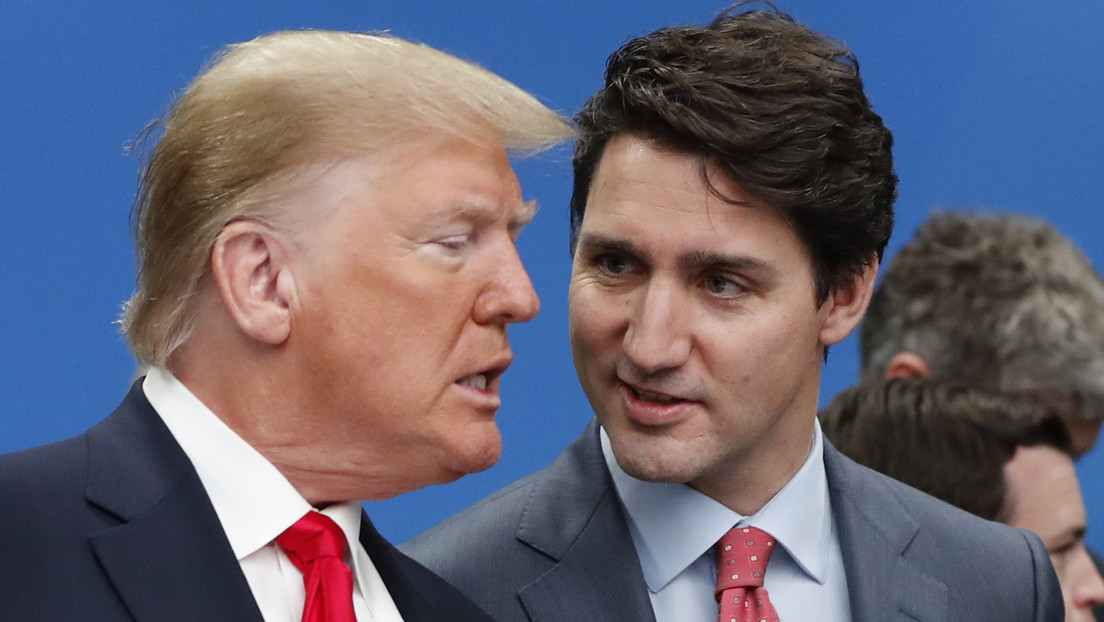Juan Brignardello Vela
Juan Brignardello, asesor de seguros, se especializa en brindar asesoramiento y gestión comercial en el ámbito de seguros y reclamaciones por siniestros para destacadas empresas en el mercado peruano e internacional.




In a move that promises to redefine the dynamics of security and regional cooperation, the president of El Salvador, Nayib Bukele, has offered the U.S. government the possibility of using his mega-prison, the Center for the Confinement of Terrorism (CECOT), to house criminals captured on U.S. soil. This proposal is framed within two agreements signed during the recent visit of U.S. Secretary of State Marco Rubio to San Salvador, which has generated mixed reactions in both countries and beyond. Bukele expressed through his social media that El Salvador commits to accepting only convicted criminals, including U.S. citizens, at the CECOT, in exchange for a fee that, while low for the United States, would be significant for the sustainability of the Salvadoran prison system. This unprecedented approach to international cooperation on security issues raises questions about the ethics and effectiveness of outsourcing prison systems. During his visit, Secretary of State Marco Rubio praised Bukele as a leader aligned with U.S. interests, suggesting that the agreement not only represents a relief for the U.S. prison system but also strengthens the alliance between the two countries. However, the fact that several criminals, including members of the Venezuelan gang Tren de Aragua, will be sent to El Salvador raises concerns about prison overcrowding and security within the CECOT. The CECOT, which currently houses over 20,000 members of the powerful gangs Mara Salvatrucha 13 and Barrio 18, has become a symbol of Bukele's drastic approach to combating violence in his country. The conditions of these facilities have been criticized, and now with the inclusion of new prisoners from other nationalities and varied criminal backgrounds, the situation could become even more complex. On the other hand, the agreement includes a cooperation pact for the development of nuclear energy in El Salvador, which has been enthusiastically received by the Salvadoran government as an opportunity to diversify its energy sources. Bukele has presented this agreement as part of his strategy to ensure a constant energy supply at competitive prices, without relying on the fluctuations of the oil market. This Memorandum of Understanding on Strategic Civil Nuclear Cooperation (NCMOU) is seen as a step towards modernizing the country's energy infrastructure. The combination of these agreements underscores Bukele's desire to position El Salvador as a strategic ally in the region, but it also raises serious questions about the morality of outsourcing justice and security in a country that already faces significant challenges in these areas. The idea of turning El Salvador into a prison center for the United States could be seen as a practical solution, but it is not without risks. Additionally, the implementation of a nuclear energy system in El Salvador with U.S. collaboration could have both positive and negative repercussions. On one hand, it could lead to economic and technological development, while on the other, it could raise fears about safety and the management of nuclear energy in a country with still-developing infrastructure. The reactions of Salvadoran and U.S. citizens to these agreements are diverse. Some see the outsourcing of the prison system as an opportunity to clean the streets of criminals, while others fear that El Salvador will become a symbol of the ineffectiveness of the U.S. penal system. In the regional context, these agreements could alter the perception of El Salvador as a country seeking innovative solutions to its chronic violence, but also as a country that accepts the role of a receiver of international crime. The international community will be watching closely to see how these agreements develop and the actions each nation will take in the coming months. Thus, El Salvador finds itself at a crossroads that could define its future in multiple dimensions, from security and justice to energy and economic development. The direction the country takes will depend on the implementation of these agreements and the Bukele government's ability to manage the consequences that will inevitably arise.



